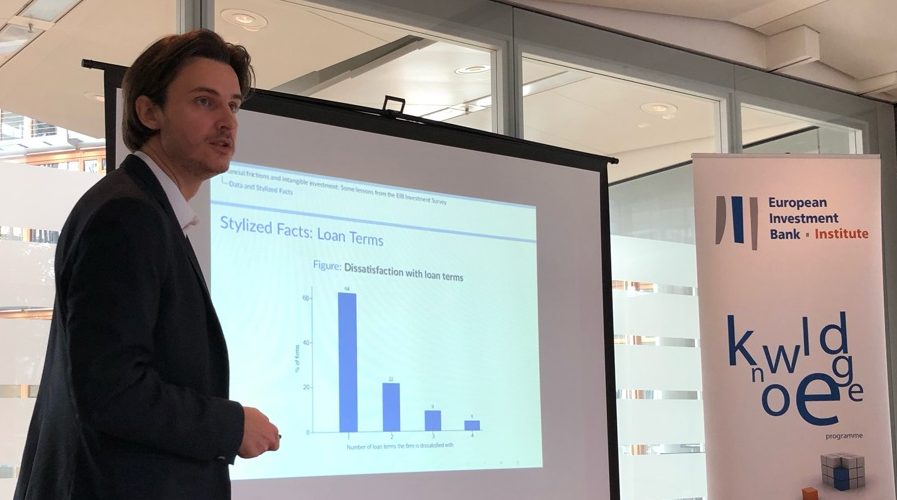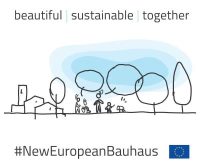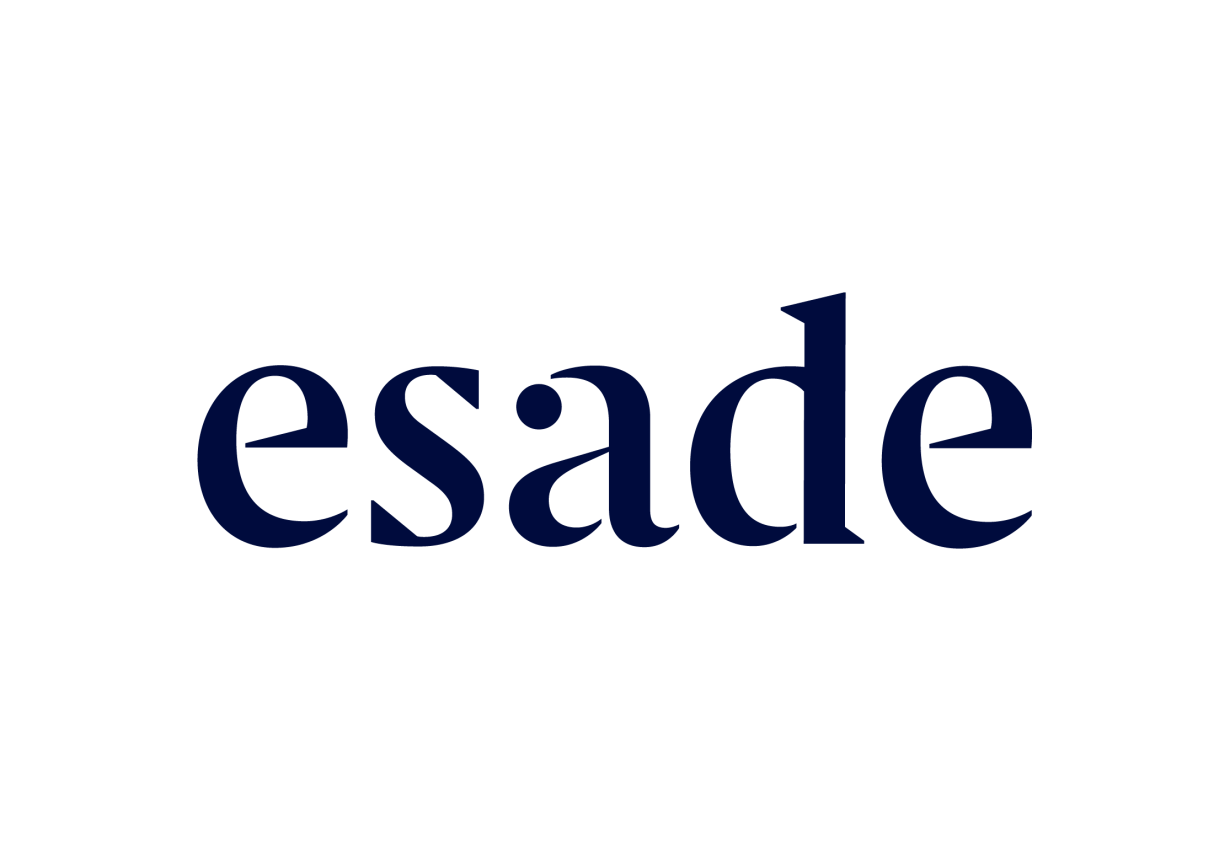
The results of a STAREBEI research grant on intangible investments in US and EU firms have been presented at the 35th annual congress of the European Economic Association (EEA), a key conference in the world of economics.
Antoinette Schoar (MIT), Alan Manning (London School of Economics) and Per Krusell (IIES Stockholm) were among the keynote speakers at this year’s congress, held virtually from 24 to 27 August because of COVID-19.
Matthieu Segol (Paris School of Economics) was selected among young researchers for his research on intangible investments (research and development, software and databases, training of employees, organisational capital), which have played a crucial role in the development of innovation and long-term growth in the EU and the US over the past decades. However, these investments’ specificities (they are invisible, cannot be traded easily and their returns are uncertain) make them particularly unsuitable for bank loans which are the main source of finance for firms in the EU.
Based on the annual EIB Group survey on investment and investment finance of EU firms (EIBIS), the research differentiates the effects of different loan terms (amount, cost, maturity, collateral) on investment in several types of intangibles. It shows that the amount of loans is not sufficient to fully unlock intangible investment in Europe and that additional measures such as subsidized interest rates, credit-guarantee schemes and intangible-backed lending would be needed to help Europe catch up with the US.
STAREBEI (STAges de REcherche BEI-EIB research internships) is a programme that provides grants to universities in order to finance junior researchers carrying out research projects proposed by the EIB Group (EIB and EIF) under the joint supervision of a university tutor and an EIB or EIF co-tutor. To date, 60 young researchers from 39 universities in 13 European countries have benefited from the STAREBEI programme.
Click here for the presentation.




